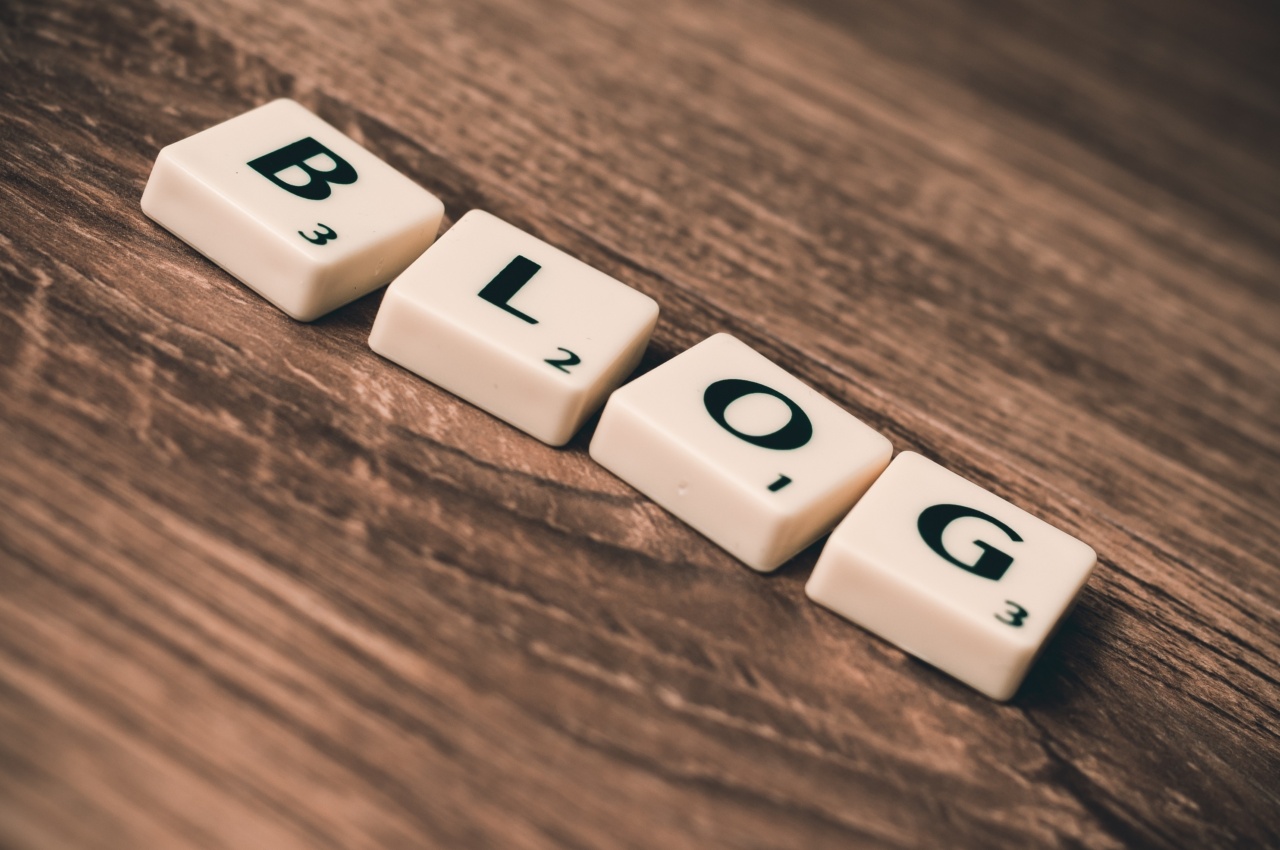Social media has become an integral part of our lives over the last decade. According to recent statistics, over 3.5 billion people use social media worldwide. However, studies show that excessive use of social media can lead to addiction.
Similar to drug addiction, social media addiction has an impact on the brain and can cause psychological and behavioral changes. In this article, we will explore the effects of social media addiction on the brain.
What is social media addiction?
Social media addiction, also known as social media dependency, is a condition where individuals are unable to control their behavior towards social media platforms.
People become addicted to social media when they have an excessive desire to use these platforms. They feel anxious, restless, and distressed when they are unable to use social media. Addiction to social media can result in problems with work, relationships, mental health, and personal well-being.
The science behind social media addiction
Social media addiction affects the brain in similar ways to drug addiction. Studies show that social media releases a chemical known as dopamine. Dopamine is a neurotransmitter that is associated with pleasure and reward.
When we get a “like” or a “comment” on a post, our brain releases dopamine, which gives us a feeling of pleasure. This feeling of pleasure makes us want to continue using social media platforms to get more “likes” and “comments” and release more dopamine.
Another aspect of social media is the fear of missing out or FOMO. When we see posts of people doing enjoyable things, we feel like we are missing out on fun experiences.
This feeling creates anxiety, which makes us want to keep checking social media to avoid missing out.
Additionally, social media platforms have algorithms that keep showing us content that we like, increasing the chances of releasing dopamine. These algorithms are designed to keep us hooked to the platforms for longer periods.
The effects of social media addiction on the brain
Social media addiction can affect the brain in several ways, including:.
1. Damage to the prefrontal cortex:
The prefrontal cortex of the brain plays a crucial role in decision-making, impulse control, and regulating emotions. Excessive use of social media can damage this part of the brain, leading to poor decision-making and impulse control.
This damage also leads to a lack of emotional control, making individuals more susceptible to mood swings,.
2. Reduced gray matter:
Recent studies show that excessive use of social media can cause a reduction in the gray matter of the brain. The gray matter is responsible for processing information and decision making.
Reduced gray matter is associated with impaired cognitive functioning and increased risk of mental health problems like anxiety, depression, and attention-deficit/hyperactivity disorder (ADHD).
3. Increased risk of addiction:
People who are addicted to social media are more likely to develop other types of addiction like drug addiction.
This is because the brain’s reward system becomes accustomed to intense stimulation, making an individual susceptible to other types of addiction.
Signs of social media addiction
The signs of social media addiction include:.
1. Feeling anxious or restless when not using social media
2. Checking social media while doing other activities
3. Losing track of time while using social media
4. Neglecting important tasks like work or school.
5. Being unable to control the use of social media
6. Feeling angry, depressed, or irritable when unable to use social media
How to beat social media addiction
Here are a few tips to help you beat social media addiction:.
1. Be mindful of your social media use:
Awareness is the first step to recovery. Be mindful of how much time you spend on social media and what kind of content you consume. Set boundaries and monitor your social media use.
2. Go on a social media detox:
Take a break from social media for a few days or weeks. This will help you reset your brain and break the cycle of addiction.
3. Find other activities to engage in:
Find other activities that give you pleasure like going for a walk, reading a book, or spending time with friends and family. Distract yourself from social media.
4. Seek professional help:
If you are unable to control your social media use, seek professional help. A therapist can help you overcome your addiction and provide you with coping mechanisms to control your behavior.
Conclusion
Social media addiction is real and has a profound impact on the brain. It is vital to be mindful of how much time you spend on social media and what kind of content you consume. If you notice any signs of addiction, seek professional help to overcome it.
Remember, social media is a tool, and it should not take control of our lives.



























